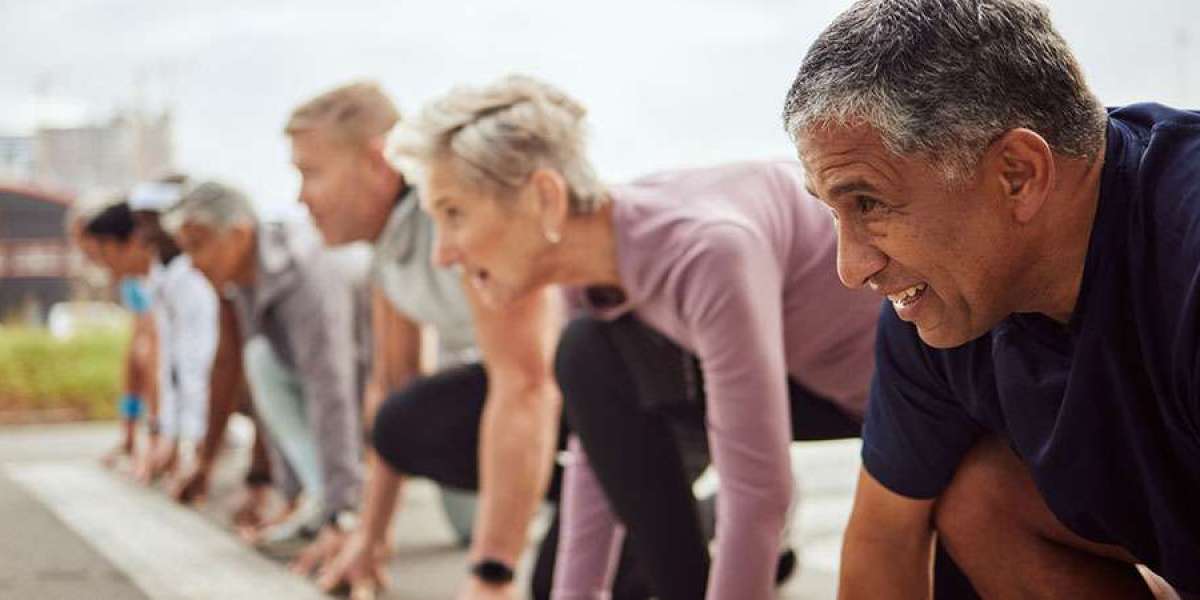Incorporating practices like the 7 ways to stay healthy in retirement can serve as a foundation for a joyful and energetic lifestyle. Here are four key areas to focus on.
Physical activity: The key to health and longevity
Regular physical activity plays an important role in maintaining a healthy retirement. It helps to improve circulation, strengthen muscles and joints, and prevent the development of many diseases such as cardiovascular disease, diabetes and osteoporosis.
It is not necessary to do complicated sports. It is enough to pay attention to moderate exercise:
Walking: Walking in the fresh air for 30-40 minutes a day helps to improve general health;
Light gymnastics or yoga: These activities help keep joints flexible and mobile;
Swimming: A great option for strengthening muscles without putting undue stress on joints.
It is important to choose activities that are enjoyable and suitable for your physical condition. It is advisable to consult your doctor before starting any exercise programme.
Social activity: Supporting mental health
Socialising with others plays a huge role in the lives of pensioners. It helps avoid feelings of isolation, which can negatively impact mental health.
Here are some ways to stay socially active:
- Join hobby clubs or voluntary organisations. It's not only a new social circle, but also an opportunity to do something you love;
- Spend more time with family and friends. Organise picnics, trips or even simple get-togethers over a cup of tea;
- Learn new skills. Attending courses (such as learning a foreign language or basic computer skills) not only develops but also helps you find like-minded people.
Hobbies and creative endeavours: Explore your talents
Retirement gives you more free time to pursue hobbies and develop new skills. This is an important aspect of an active life that helps to combat monotony.
Ideas for activities
Gardening: Working outdoors is not only enjoyable but also good for physical health;
Handicrafts: Knitting, sewing, woodcarving or jewellery making allow you to express your creativity;
Reading and Writing: Immersing yourself in literature or keeping a diary promotes thinking and memory;
Travelling: You don't have to go to faraway lands. Excursions to nearby towns or walks in nature reserves are a great way to diversify leisure time.
Hobbies help you relax, develop motor skills and keep you cognitively active.








